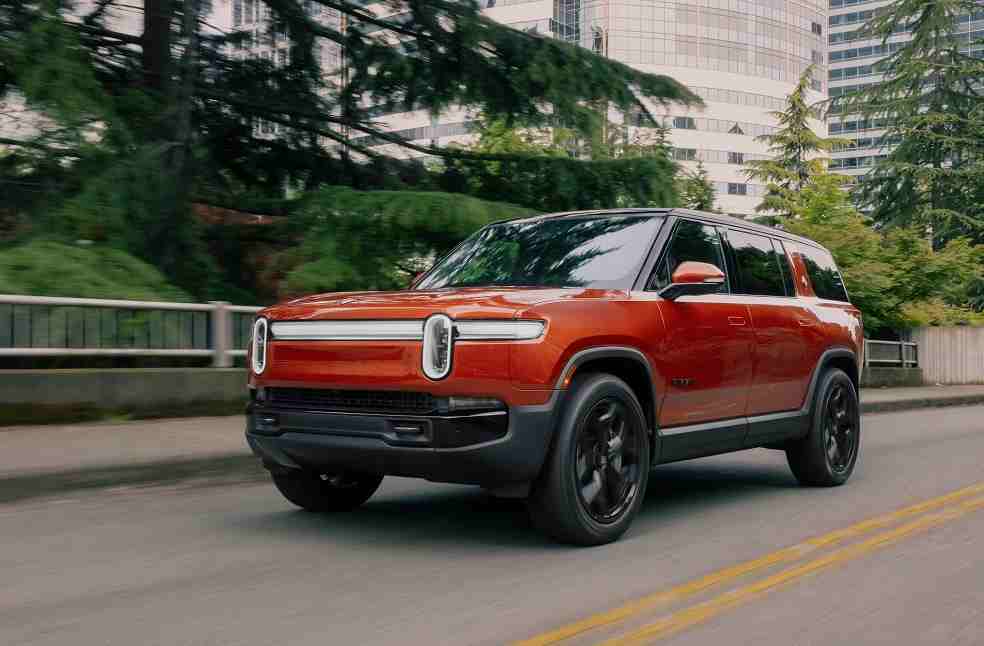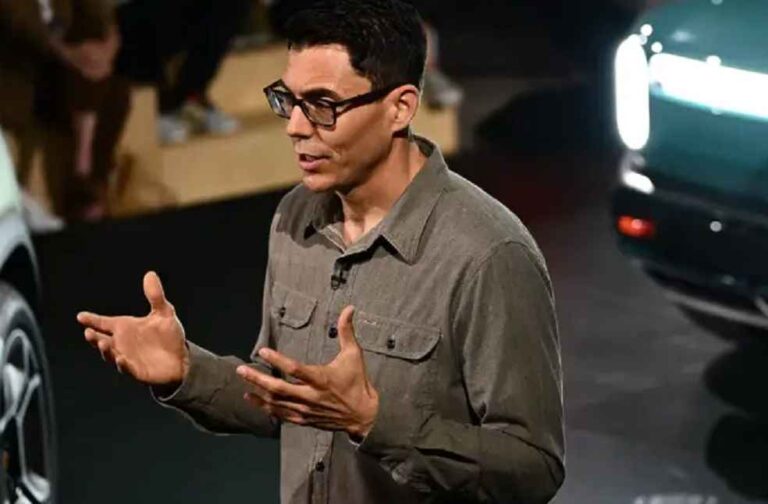Rivian CEO RJ Scaringe has warned that Chinese automakers’ dominance in the global electric vehicle (EV) market stems not from hidden technological breakthroughs but from a systemic cost advantage that leaves Western carmakers struggling to compete.
Speaking on the Everything Electric podcast, Scaringe said it was “inconceivable” that Western markets would indefinitely allow Chinese EV manufacturers to export freely while restricting Western automakers’ ability to sell into China. His remarks come as the United States and Europe tighten trade restrictions, with the Biden administration imposing a 100% tariff on Chinese-made EVs earlier this year.

Although Rivian does not operate in China, Scaringe noted that the company closely monitors developments there. He acknowledged that Chinese EVs are technically advanced, in many cases surpassing those produced by Western automakers, with Rivian and Tesla as exceptions.
Scaringe attributed China’s cost edge to government-subsidized industrial growth, cheaper labor, efficient supply chains, and lower capital costs. “There’s not something magical when you take [these vehicles] apart,” he said. “It’s the compounding benefits of a lower cost of capital.”
Scaringe cautioned that tariffs and trade barriers offer only temporary protection. The United States, he said, remains heavily reliant on imports of critical raw materials such as nickel, which is essential for EV batteries. With Indonesia leading global nickel production and the U.S. lacking sufficient reserves and domestic support for large-scale mining, Scaringe stressed that trade dependencies cannot be avoided.

His comments reflect growing concerns in Europe, where automakers including Volkswagen, Renault, and Stellantis warn of being undercut by lower-cost Chinese imports. The European Commission has launched probes into Chinese subsidies, while German manufacturers face mounting pressure as Chinese brands expand aggressively across Europe with affordable yet advanced models.
Analysts argue that the challenge goes beyond tariffs, highlighting China’s dominance in the EV battery supply chain as a decisive factor. For Rivian and other Western automakers, competing with Chinese rivals will require technological leadership and resilience in a market shaped by both cost and geopolitics.
DON’T MISS | Stellantis Cancels Ram 1500 Pickup, Rebrands Ramcharger as 1500 REV





